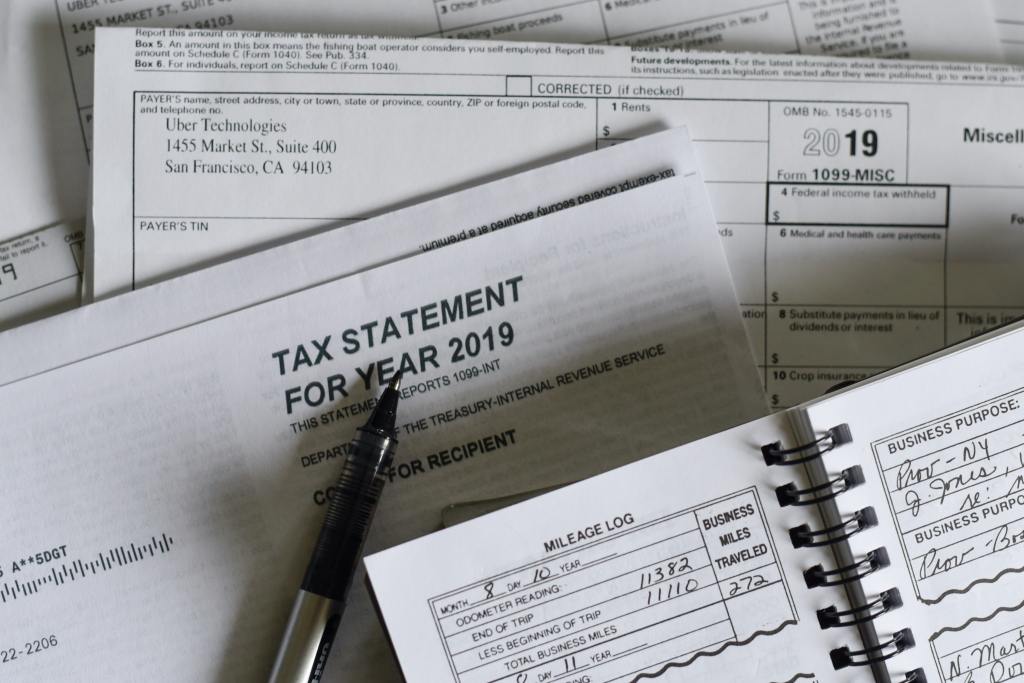By: Leandra Lederman
I just finished drafting a paper that got me reading a lot about corporate fraud. I find fraud fascinating, so this was a bit of a treat! The new paper is Information Matters in Tax Enforcement, and it’s co-authored with my former student Joe Dugan (JD ’15), who is an attorney at DOJ (but did not write in his official capacity). We recently posted the article on SSRN (here), and will soon be looking for a home for it.
This article was prompted by Professor Wei Cui’s publication of Taxation Without Information: The Institutional Foundations of Modern Tax Collection, 20 U. Pa. J. Bus. L. 93 (2018). Cui sets forth the contrarian thesis that “modern governments can practice ‘taxation without information.’” His argument rests on two premises: (1) “giving governments effective access to taxpayer information through third parties does not explain the success of modern tax administration”; and (2) modern tax administration succeeds because business firms are pro-social, fostering compliance. Professor Daniel Hemel favorably reviewed Cui’s article on TaxProf blog.
Cui particularly takes issue with Henrik J. Kleven et al., Why Can Modern Governments Tax So Much? An Agency Model of Firms as Fiscal Intermediaries, 83 Economica 219 (2016), and Dina Pomeranz, No Taxation Without Information: Deterrence and Self-Enforcement in the Value Added Tax, 105 Am. Econ. Rev. 2539 (2015), both of which show the importance of third-party information reporting to tax enforcement. Cui’s article also criticizes Leandra Lederman, Reducing Information Gaps to Reduce the Tax Gap: When Is Information Reporting Warranted?, 78 Fordham L. Rev. 1733 (2010), which argued that information reporting is useful but not a panacea, and set forth six factors to evaluate the likely effectiveness of proposed information-reporting requirements.
Information Matters in Tax Enforcement takes on both of Cui’s arguments, as well as his subsidiary claim that the value-added tax (VAT) does not involve third-party reporting or reporting of individual transactions. Joe and I marshal a lot of evidence to show (1) third-party information reporting is generally very effective, and (2) firms are not inherently pro-social. Rather, the literature supports Kleven et al.’s argument that numerosity increases compliance. That is, where more people would have to collude, cheating is less likely due to the increased risk of defection. The fact that large firms generally are more tax compliant than small ones—a point Cui concedes—is consistent with that. Large firms are also subject to more regulation and oversight, which produce reliable information flows from the firm to the government. Joe and I also show that VATs do involve third-party reporting, with the modern trend being digital real-time reporting. Continue reading “New Paper on Tax Enforcement and Corporate Malfeasance” →

